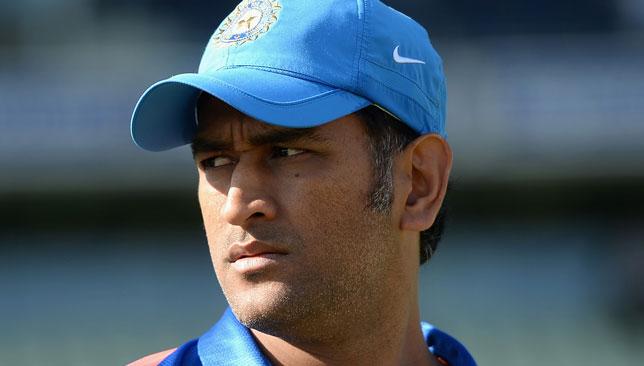
How much power is too much? For cricket team captains, it’s a delicate balancing act. Team culture and playing styles differ from team to team and the dynamic of each squad perhaps dictates the desired level of authority that should be vested in the skipper. But two recent instances have shown that it might not be a very good idea to be generous with power.
Firstly, let’s take a look at the Australian team. After they suffered an embarrassing defeat to Zimbabwe in their triangular series match, captain Michael Clarke said he was unhappy with the side he was provided. That he would have liked to have leg spinning batsman Steven Smith in the side. Australia coach Darren Lehmann admitted that they could have changed a few players but added that if an Australian team can’t beat Zimbabwe, then the problem runs deeper than selection matters.
Bear in mind, Clarke was himself a selector some time back and he had to give up those powers in 2013 after a Test series defeat in India and the infamous ‘homework gate’ where players were dropped for not submitting written assignments.
It was clear that he wielded too much authority and whether or not Clarke was forced to make that decision, it ended up easing the tension in the dressing room. Clarke might be feeling the pinch of losing his selection powers but that’s the way things will be from now on in Australia.
Then there is the case of Mahendra Singh Dhoni. The Indians comfortably beat England in the one-day series, making the most of a clueless opposition which plays ODI cricket in a style that went out-of-date a decade back, and wickets that gave ample support to spinners.
The way the Indians snared and snapped, it seemed as if the 3-1 Test series thrashing simply hadn’t occurred. Since India are more accustomed to losing away from home, the machinations during and after the Test series are a more appropriate barometer with which to measure the Indians’ performance.
During the five-match Test series – the first India have participated in for 13 years – not one national selector accompanied the team. India managed to take a 1-0 lead after two Tests but there were some glaring errors.
Firstly, they started without their No1 spinner Ravi Ashwin and stuck with Ravindra Jadeja. Secondly, for some reason, Stuart Binny was part of the set up. And thirdly, Virat Kohli was allowed to fail innings after innings while batting at the same position. Any selector worth his salt would have thrashed some sense into Dhoni. Because we now know that coach Duncan Fletcher was not going to.
The Indian cricket board was not happy with the way Fletcher and the rest of the support staff were allowing things to go adrift. They brought in Ravi Shastri and three other Indians to take charge of the side. And after Dhoni said Fletcher will be the ‘boss’ till the World Cup, the Indian cricket board made it apparent that they and the selectors will decide who leads the side, be it captain or coach.
What both these instances prove is that it is never too healthy to allow a captain to have too much of a say.
Both Dhoni and Clarke are tremendous players and have provided excellent results in limited overs cricket and Tests respectively. But at some point, those calling the shots must realise that having a ‘super’ captain leads to creation of coteries and a sense of complacency with the way things are. Changes tend to take a lot more time to materialise and even if they do, they might not be of the kind desired.
India have won the one day series in England and Australia might well clinch the tri-series final in Zimbabwe.
But for both the teams, and cricket in general, what will be more productive is for the captains to realise that they are not greater than the team.